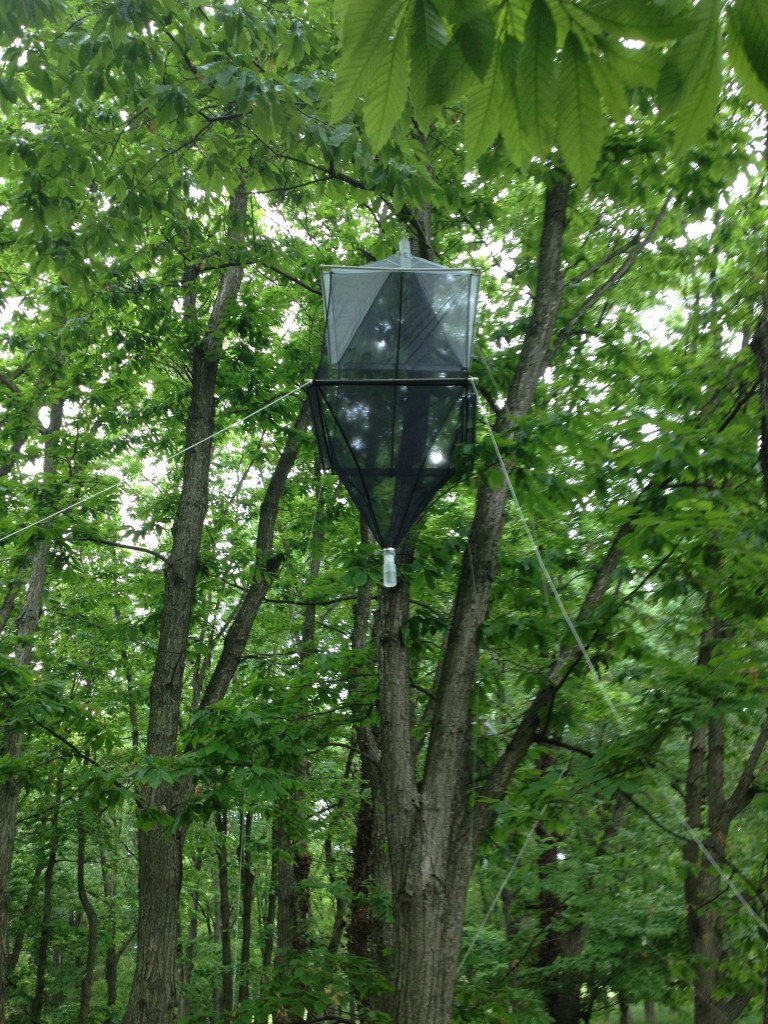Discerning Trophic Relationships Among Insects Associated with American Chestnut Internship
Project Title: Herbivorous insects associated with American chestnut and their natural enemies
Project Description: Seeking interns to participate in research on parasitic wasps associated with herbivorous insects on American chestnut. The goal of the project is to discern historical and contemporary trophic relationships for herbivorous insects and their associated natural enemies on American chestnut. American chestnut was once a widespread tree in eastern U.S. forests but is now functionally extinct due to chestnut blight, a disease caused by a fungus introduced to the U.S. in ~1900. The insect fauna associated with American chestnut before and after the effects of chestnut blight is largely unknown. A literature review and geographically restricted field surveys were carried out in the 1970s to inventory moths feeding on American chestnut before and after chestnut blight. As a result seven moth species were considered possibly extinct due to American chestnut decline. Two of those species were subsequently collected. Comprehensive literature and field-based surveys have not been carried out for other insects associated with American chestnut. The Hopkins Notes and Records System, currently housed at the National Museum of Natural History (NMNH), contains tens of thousands of records of insects occurring on plants in the U.S., including American chestnut. The records span from the late 1800s to the mid-1980s. Data from the Hopkins System, coupled with contemporary sampling, provide an opportunity to document the insects associated with American chestnut before and after chestnut blight. Interns participating in this research will sample insects using a variety of techniques (spring–fall only); sort samples of field-collected insects; and dehydrate, mount, label, and identify insect specimens pulled from samples. The Intern will spend three to four days per week sorting samples and preparing specimens at the NMNH. He/she will also spend one day every other week sampling insects at field sites (spring–fall only).
Qualifications: A minimum three month, 24 hours per week time commitment is required. A major or minor in biology or a related field is also required. The position requires attention to detail and a high level of dexterity. Preference will be given to applicants with experience in entomology or field biology.
Learning objectives: The Intern will learn to sample insects using a variety of techniques, identify them to superfamily or family, prepare wasp specimens for research and deposition into the insect collection at the NMNH, and identify braconid wasp specimens.
Timetable: Indefinite
Award Package: None
Project Contact Name: Robert R. Kula
Phone: 202-633-4558; Email: Robert.Kula@ars.usda.gov







